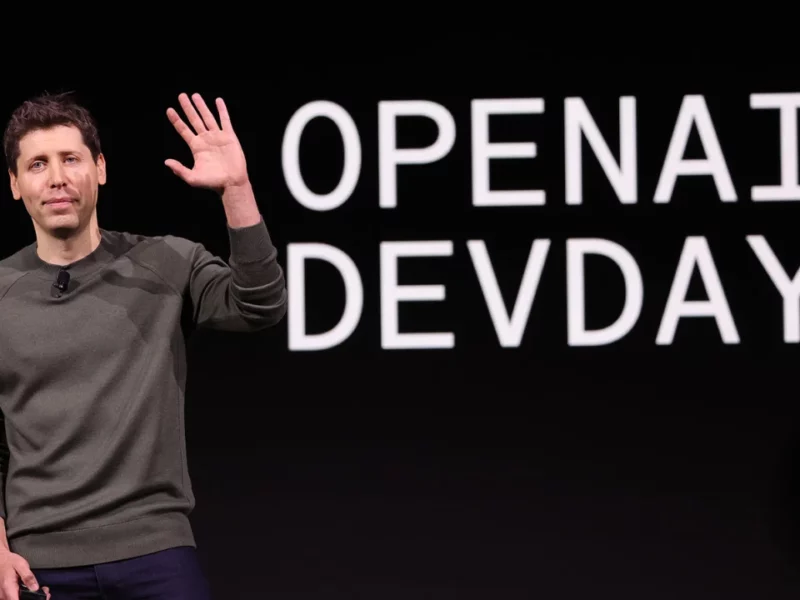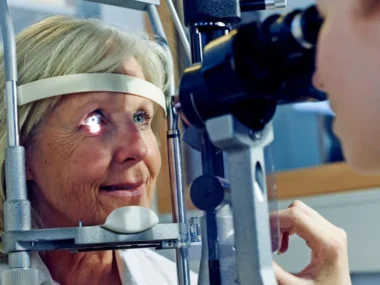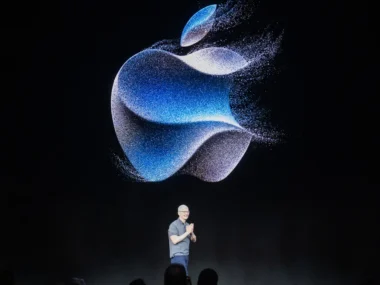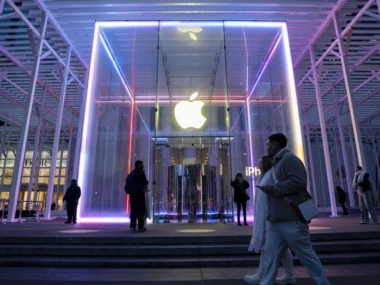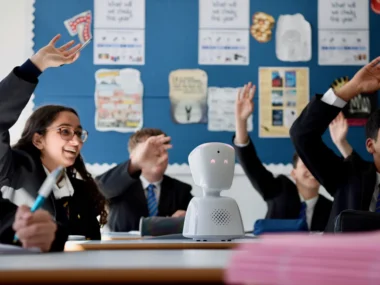This week is arguably one of the most momentous periods for artificial intelligence since the launch of ChatGPT last year. OpenAI introduced the latest version of the underlying technology powering its widely recognized ChatGPT chatbot. Elon Musk, on his platform X (formerly known as Twitter), announced a playful AI ChatGPT competitor named Grok. Additionally, there was a Senate subcommittee hearing addressing AI regulation in healthcare, a targeted attack against OpenAI, and the introduction of the first wearable AI device with aspirations to replace the smartphone in the future.
Reece Hayden, an analyst at ABI Research, commented, “These significant announcements are indicative of the speed at which the AI market is evolving.”
OpenAI Experienced a Significant Day.
OpenAI marked a significant milestone by hosting its inaugural developer conference approximately a year after the launch of ChatGPT. This event reignited a competitive push among tech companies to develop and integrate similar AI tools into their products.
During the conference, OpenAI introduced several updates to its AI tools, notably enabling developers to create personalized versions of ChatGPT called GPTs. These GPTs, akin to plugins, have versatile applications, such as connecting to databases, integrating into emails, or facilitating e-commerce transactions. CEO Sam Altman demonstrated the simplicity of creating a GPT, emphasizing that no prior coding experience is required.
OpenAI is set to launch a GPT Store later this month, allowing GPTs to be easily discoverable. Similar to app stores, they will be featured on a leaderboard, with categories spanning productivity, education, and entertainment.
Analysts noted that these announcements, coupled with a Keynote structure reminiscent of Apple’s presentations and a strong focus on developers, suggest OpenAI’s strategic aim to address commercial challenges, including high costs and limited revenue sources, by fostering a robust developer ecosystem.
Additionally, Altman showcased GPT-4 Turbo, the latest iteration of the technology powering ChatGPT. He highlighted its increased capacity to handle input equivalent to about 300 pages of a standard book, a substantial improvement over the previous version.
Altman provided additional insights into the platform’s expansion, revealing that around 2 million developers are currently utilizing it. Internally, about 90% of Fortune 500 companies have integrated these tools. Presently, the platform boasts 100 million active users, reflecting its widespread adoption and influence across various sectors.
Humane’s Ai Pin

Humane unveiled its inaugural AI wearable gadget named the Ai Pin.
Humane, a startup founded by ex-Apple employees, has unveiled its inaugural AI wearable, the Ai Pin. This compact blinking device attaches to clothing and aims to eventually replace smartphones. The Ai Pin projects information onto a user’s hands, enabling tasks like answering calls without holding a smartphone. Equipped with AI tools for search, messaging, and email management, the Ai Pin runs on a Snapdragon processor with a Qualcomm AI engine. It features depth and motion sensors, an ultra-wide camera, and a laser ink display. Analysts see this as a significant step in futuristic hardware design, but concerns linger about battery life and societal acceptance of always-on AI. Priced at $699, the Ai Pin will be available in the US starting November 16.
The Introduction of Grok

In this photo illustration captured on November 10, 2023, in Warsaw, Poland, the X app, previously recognized as Twitter, is visible as a user navigates through their feed. (Photo by Jaap Arriens/NurPhoto via AP)
In a blog post, xAI announced that it drew inspiration from “The Hitchhiker’s Guide to the Galaxy,” a comedic sci-fi novel by Douglas Adams, for its new chatbot called Grok. The post emphasized Grok’s design to provide answers with a touch of humor and a rebellious streak, urging users who dislike humor to steer clear.
Elon Musk’s AI startup, xAI, introduced Grok, a chatbot with a sarcastic sense of humor reminiscent of Musk’s own. Musk, who has owned X (formerly Twitter) for a year, mentioned that Grok is trained with “real-time access” to information from the platform. Although still in the early testing phases, Musk revealed plans to integrate Grok into X’s Premium+ service in the US, offering features such as the blue checkmark for $16 a month.
It’s worth noting that Musk, a co-founder of OpenAI, stepped down as chairman five years ago, citing disagreements about the company’s direction as one of the reasons for his departure.
A Focused Assault
Following the developer conference, OpenAI faced extensive service disruptions two days later, attributing the issue to possible targeted attacks on its servers. In a statement on its website Wednesday evening, the company acknowledged “periodic outages due to an abnormal traffic pattern reflective of a DDoS attack” – distributed denial of service, a type of attack where the attacker floods an internet server to disrupt regular traffic.
On Wednesday, users experienced difficulties accessing all of OpenAI’s tools and services, receiving a message indicating that the platform had reached capacity. OpenAI assured CNN that no user information had been compromised during these incidents.
Additional Information aAbout AI
Prominent tech companies are intensifying their focus on AI. According to Reuters, Amazon is investing substantial funds in the development of an AI, codenamed “Olympus,” anticipated to possess double the number of “parameters” compared to OpenAI’s GPT-4 model. Parameters are essential components that enhance the intelligence of AI systems.
Furthermore, YouTube is in the process of testing AI tools designed to address questions, offer recommendations, and provide summaries of topics within the comment sections of videos.
Arun Chandrasekaran noted that although not all companies will create massive AI models, many will persist in constructing smaller, more targeted ones to enhance their products, automate tasks, and gain a competitive advantage.

